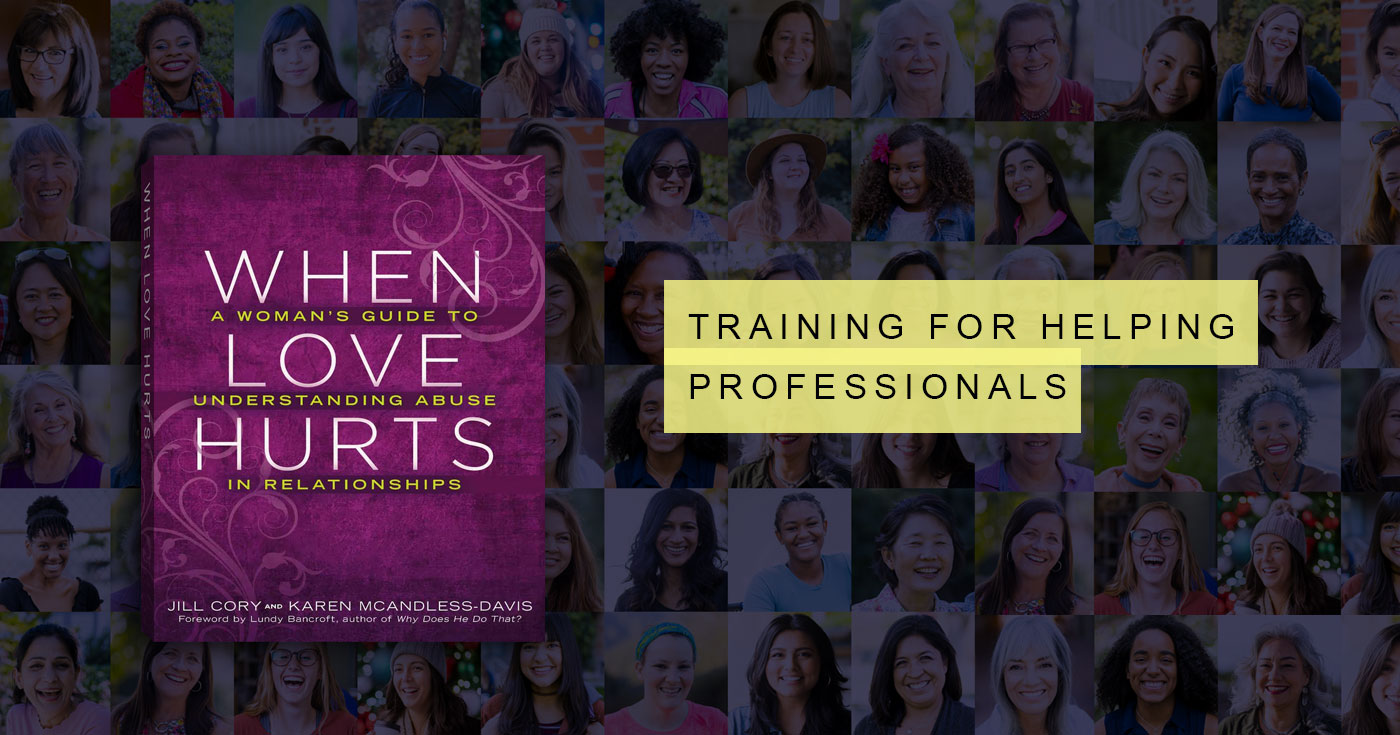Are women who experience abuse in denial?
Sometime people tell me that a woman is “in denial” about the abuse she is suffering. Such a comment makes me crazy. I realize that some women do not always dwell on the full gravity of their situation because it is just too overwhelming. They deal with as much as they can at any given time. But I see women working hard to bring about change, protect their children, consider their options, etc. — all in an effort to “make things better”. I don’t see that as denial.
I do, however, think that we live in a society that is in deep denial about the pervasiveness and horror of abuse that grips so many women’s lives.
As a society, too often we are not there for women. Too often police do not take women’s concerns seriously. Too often resources such as affordable housing are not available for women who feel trapped in the abuse. And perhaps worst of all, we refuse to protect children after a separation insisting that the mother and father share joint custody even though the mother reports to authorities that the father is abusive to the children.
So, in my estimation, there is a lot of denial going on but it is not the women who are in denial.



Karen,
I agree that it is rarely the abused woman (or man) that is in denial. Sadly, regarding children, the laws only protect them from obvious physical or sexual abuse. In my state, even when you can prove emotional and mental abuse, unless it is proven that the child has been damaged by it, the other parent or Children’s Services can’t even limit contact between the children and the abuser. It is deemed so important that both parents are involved after separation or divorce, that abusers and their spouses often have to share parenting. The abuser then uses shared parenting to continue exerting control over the ex-spouse and the children.
Lynn, thank you for your comments. What you are describing seems to be going on all over North America.It is so hard to share parenting with an abusive and controlling person and the cost to children is enormous.
I know this won’t be a popular view, but I do think I was in denial when I was in an abusive relationship, but then I think that is part of any relationship: you see what you want to see and you close your eyes to things that you do not like in your partner. I think you have to be in denial to some extent or you WOULD walk – and probably sooner rather than later.
If you don’t like the word ‘denial’, we could replace it for something else, such as ‘self-delusion’. I think that love IS blind. I only began to see fully the amount of abuse I had tolerated once I was out of it (and I was only in the relationship for 15 months, but it was the longest 15 months of my life).
My mind replayed tapes of memories of the previous 15 months and it was like watching a movie with myself in the starring role – but as if I was another person. It seemed like it had happened to someone else, but I was no longer kidding myself that it wasn’t abuse: it so clearly was, but I wasn’t able to see that while I was in it. I needed the clarity of separation from him to see it.
Thank you for your comments. We appreciate them. I think you describe well what is a common experience. We particularly hear a lot that women don’t see just how bad it really is until they get some distance from the relationship. When you are in it, you are just surviving and there isn’t a lot of opportunity for reflection or processing. Thanks for taking the time to write.